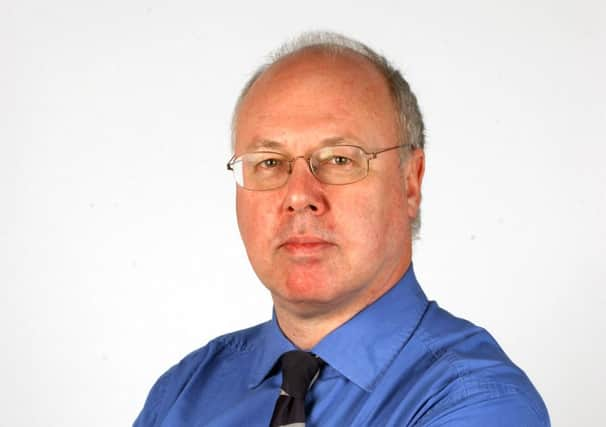Comment: Davos the place to be for platitudes


The line-up at next week’s World Economic Forum is hardly vintage, but the 2,000 attendees include the bosses of Google, JP Morgan Chase, Wal-Mart and Yahoo; the prime ministers of Australia, Israel, Japan and the UK, plus Iran’s new President Rouhani; and, of course, Bono.
Davos has been termed the “spiritual home” of globalisation. It’s where the great and the good of global capitalism gathered to congratulate themselves they had perfected a money-making machine that would bring prosperity to everyone.
Advertisement
Hide AdAdvertisement
Hide AdBut Davos in 2014 seems to have a bit more grit about it. The buzz is that globalisation has not just stalled in the wake of the credit crunch, but that its basic architecture is under existential threat. Joachim Fels, head international economist at Morgan Stanley, is warning that 2014 could even be a repeat of 1914.
Without getting too apocalyptic, there are developments to worry about. Everywhere support for the free movement of labour and capital – indispensable to globalisation – is under threat. In the US, GE and Google signally failed to get Congress to ease immigration controls that are stymieing their recruitment of technology staff from abroad. In the UK, Tories and Labour are trying to shut the door to immigrant workers despite evidence they are needed for growth. An even bigger sign of the times is that Singapore is restricting foreign hiring to assuage domestic unrest.
Cross-border capital flows are down more than 60 per cent since the financial crisis, according to McKinsey Global. This is because regulators in individual countries are forcing local banks to keep greater capital reserves rather than borrow on international markets. An end to US quantitative easing threatens future investment in the emerging markets. To attend Davos you need to be a member of the World Economic Forum (£31,000) plus buy a ticket (£12,000). My advice: skip Davos and go instead to TEDGlobal in Rio, in October. The emphasis at TED is on new ideas, not politicians and CEOs talking platitudes.
Ministers ready to be railroaded into tender
BY POPULAR acclaim the east coast rail service has improved significantly since it was re-nationalised in 2009, after National Express abandoned the franchise when it “discovered” what everyone knew – that it had overbid to win the contract.
GNER, the previous franchise holder, was dumped for the same reason. So why is the UK government busting an ideological gut to put the east coast line out to tender again? And why are hard-headed commercial operations – FirstGroup, a Virgin-Stagecoach consortium, and the French Keolis/Euro-star group – desperate to outbid each other for the privilege?
The government favours more competition in retail banking, even if it is not going quite as far as Ed Miliband in threatening to break them up. Why not keep the east coast service as it is, providing stiff competition to the private sector?
The danger is that embattled FirstGroup overbids because it needs to distract market attention from its troubled US operations. That Virgin secures a monopoly on the west and east coast lines. Or that the French grab the lion’s share of the UK railway system. Take your pick.